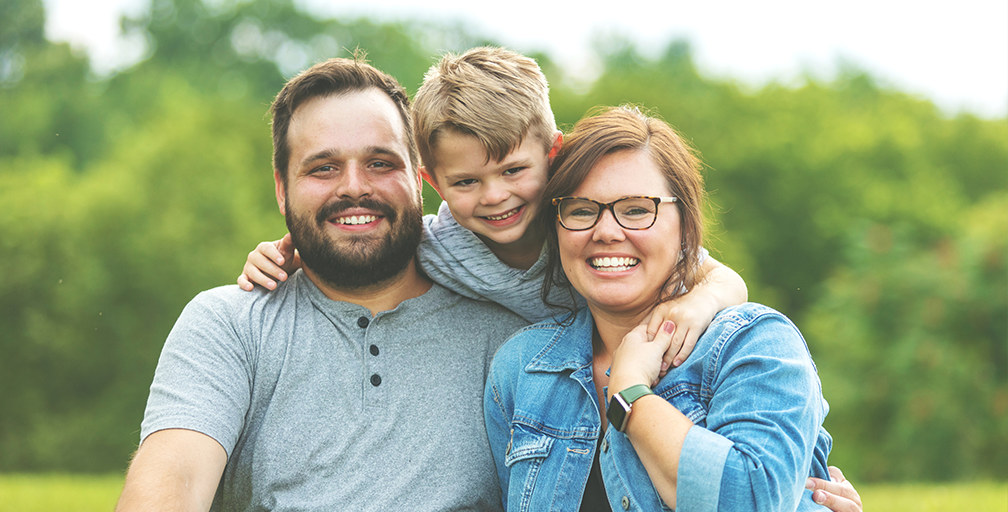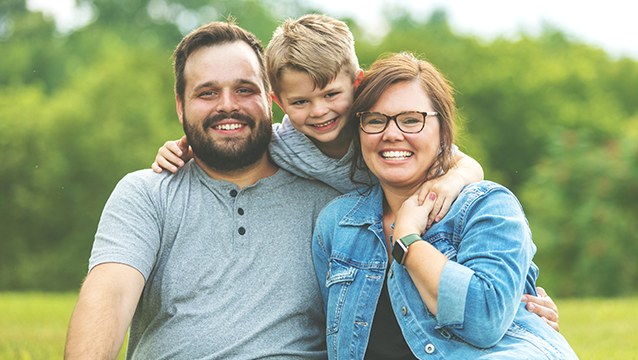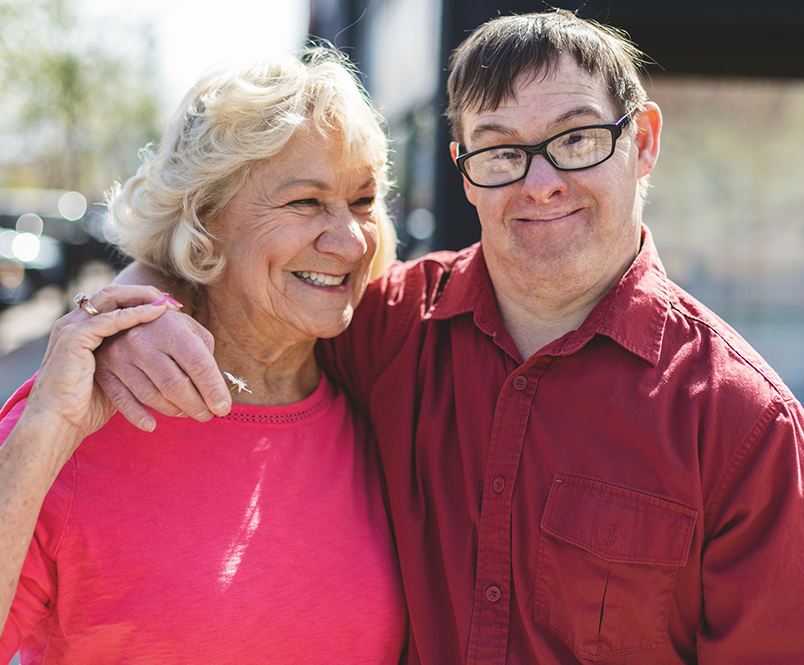



If I Receive Benefits, Can My Children Get Them, Too?
When health problems knock you out of the workforce, and you’re supporting a family, you’re facing a major financial crisis.
You could get monthly income assistance and access to Medicare health coverage though Social Security Disability Insurance (SSDI).
It’s a lifesaver. But what about the rest of your family? Is there any additional help for them when a key income earner gets sidelined by bad health?
In fact, there is.
Social Security Disability provides benefits for dependents.
You qualify for these benefits because you worked and paid into the system, giving you credits with Social Security.
Beneficiaries can include your biological children, adopted children, stepchildren, grandchildren and step-grandchildren.
The system has a lot of fine differences, though, for different family situations. And it has caps on how much you can get.
Wells, Manning, Eitenmiller & Taylor is a team of Oregon disability lawyers with more than 60 years of combined experience—and we can help you get access to these resources.
Our offices are in Eugene-Springfield, Albany, Roseburg, Coos Bay, Medford and Grants Pass. And our mission is to help you and your family achieve stability and peace when you can’t work because of medical impairments.

Social Security Disability Benefits for Dependent Young Children
If you have multiple family members getting benefits, however, you can reach a limit. The Social Security Administration (SSA) says the total amount your family can receive is between 150 and 180 percent of your benefits.
So as you add people, their individual amounts may be reduced to keep the total under the limit.
These are Social Security’s requirements for your young child to receive disability benefits as your dependent:
- They must be under 18.
- If they’re a full-time student up to 12th grade, they can be 19 and still get benefits.
- The must be unmarried.
Underage children with their own health limitations that cause them to function differently from others the same age can also get a separate form of disability benefits—not based on your Social Security record.
If your family’s financial resources are low, you may be able to receive Supplemental Security Income (SSI) for children to help you cover the expenses of raising a child with special needs.
An experienced Oregon Social Security Disability attorney can help you answer questions you may have, such as: Should you put your dependent children on your disability benefits? Should you apply for SSI?
It doesn’t cost you anything to have an initial conversation with us about your needs. And you pay no attorney fee until you win benefits.

Social Security Benefits for a “Disabled Adult Child”
After people reach adulthood, there’s a chance they have worked and paid into the Social Security system themselves.
In that case, they would apply for disability benefits on their own, not as a dependent of their parent who receives Social Security Disability.
But if they had their health impairments starting from a young age, they may not have worked much and paid much in Social Security taxes, so then they could get benefits under the umbrella of their parents’ Social Security.
These are Social Security’s requirements for an adult child to get disability benefits through your Social Security record:
- They must be over 18.
- They must have had a qualifying disability before age 22.
- They must be unmarried.
A qualifying disability for an adult child is the same as any adult qualifying for disability benefits.
They must be unable to work any substantial amount because of medical conditions, which must last for at least a year.
And you have to prove it with medical evidence and education and work history. So this can get complicated. And people are often denied benefits.
Besides child dependents, spouses of people receiving benefits can also get disability benefits, including divorced spouses, widows and widowers. Dependents of people receiving Social Security retirement benefits can get benefits, too.
Each situation comes with different requirements for age, disability, parental status—and different amounts that spouses can potentially collect.
The Oregon disability lawyers at Wells, Manning, Eitenmiller & Taylor can help you sort through your options, so you and your family get all the support available to live more secure lives.
We’re with You Every Step of the Way
Whether you’re trying to determine if you’re qualified for disability benefits, you need help filing your application, or you received a denial notice and want another chance, our law firm helps from the beginning and stays by your side.
Have a Question about Disability Benefits?
Your health is bad. You can’t work. Your financial stability is threatened. So your head is swimming with questions. How will you get by? How does Social Security Disability work? We’ve gathered answers. See them here:
Disability FAQs »
Hear from a Wells, Manning, Eitenmiller & Taylor Client
“Have a question? The entire staff is knowledgeable and willing to help. Concerned about some aspect of your case? Say something and they usually have the words to help reassure you.”



